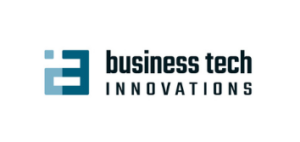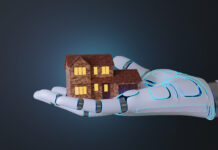As smart home technology changes and becomes more readily available to the masses, its demand in real estate is increasing and becoming more affordable to all. This tech was once part of expensive add-on packages from real estate developers, and not all homeowners had the budget to afford these luxuries.
Today, the cost of the technology has decreased, while the demand has risen. The gadgets that people are coming to expect in their homes is now cheaper than ever before, and easy to purchase from mass retailers and individual brands.
Smart home technology is also easier than ever to install and integrate without a separate hub to control everything. Smart home consumers are not able to use their smartphones and their tablets as hubs that control everything from their lights to their door locks to their heating systems. This has opened smart home technology to even those that are not savvy to it – increasing the market and demand for integrated systems in new construction homes.
Also impacting the smart home real estate landscape market is the increasingly competitive smart digital assistant category. With the emergence of the Amazon Echo, followed by the Google Home and, soon, the Apple HomePod, voice-controlled home assistants have made it easy and convenient for anyone and everyone to create a smart hub for their home (and to have a smart speaker to play all their music!).
Home developers now have to consider if they should include this technology as a standard in the houses that they build in the future – like windows and doors. The market right now is seeing only the most innovative and progressive developers offering smart home technology packages as standard; many are still offering these packages as upgrades – for an additional cost. Potential buyers are seeking these option as standard more and more, however, which is going to drive more companies to offer it as a standard convenience so that buyers are more motivated to sign papers and move into a home that is connected with the most popular smart home automation features from day one.
Those that are in the market to buy new construction can expect to see some of the common smart home tech being integrated into their packages, including video and motion-detecting doorbells, smart thermostats, smart lighting systems, and door locks. As with anything in construction, there will always be the option to upgrade to the exact brand or product that you want. There is also the option of upgrading your smart home to have advanced features, like a smart water heater, smart blinds, smart sound systems, and smart kitchen and laundry appliances.
The best part is that since the house will be built as smart, it’s still a turnkey move-in. Your developer, or someone they work with, should be able to walk you through how to use all the new technology, and can talk to you about expanding the smart side of your home even more in the future.




